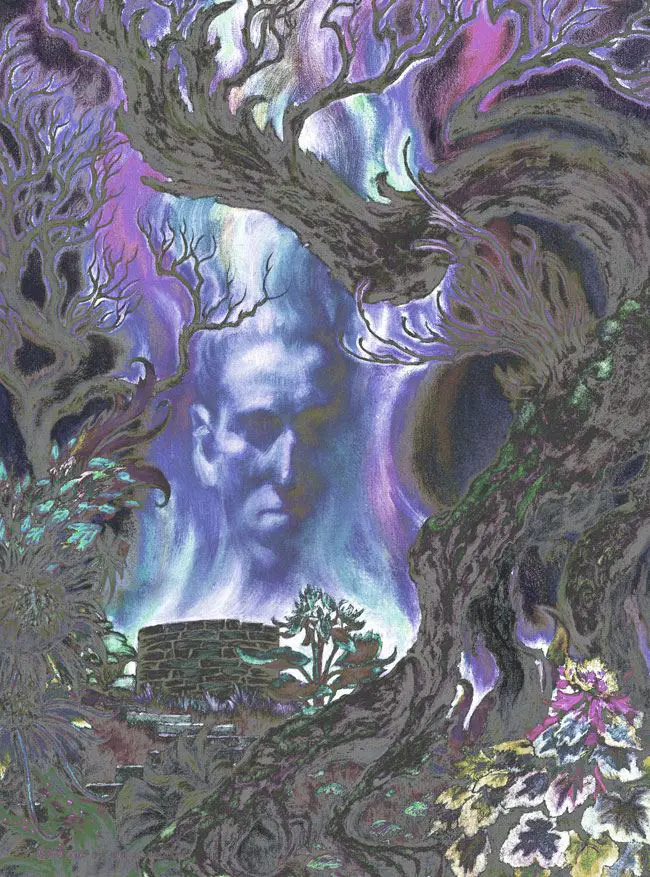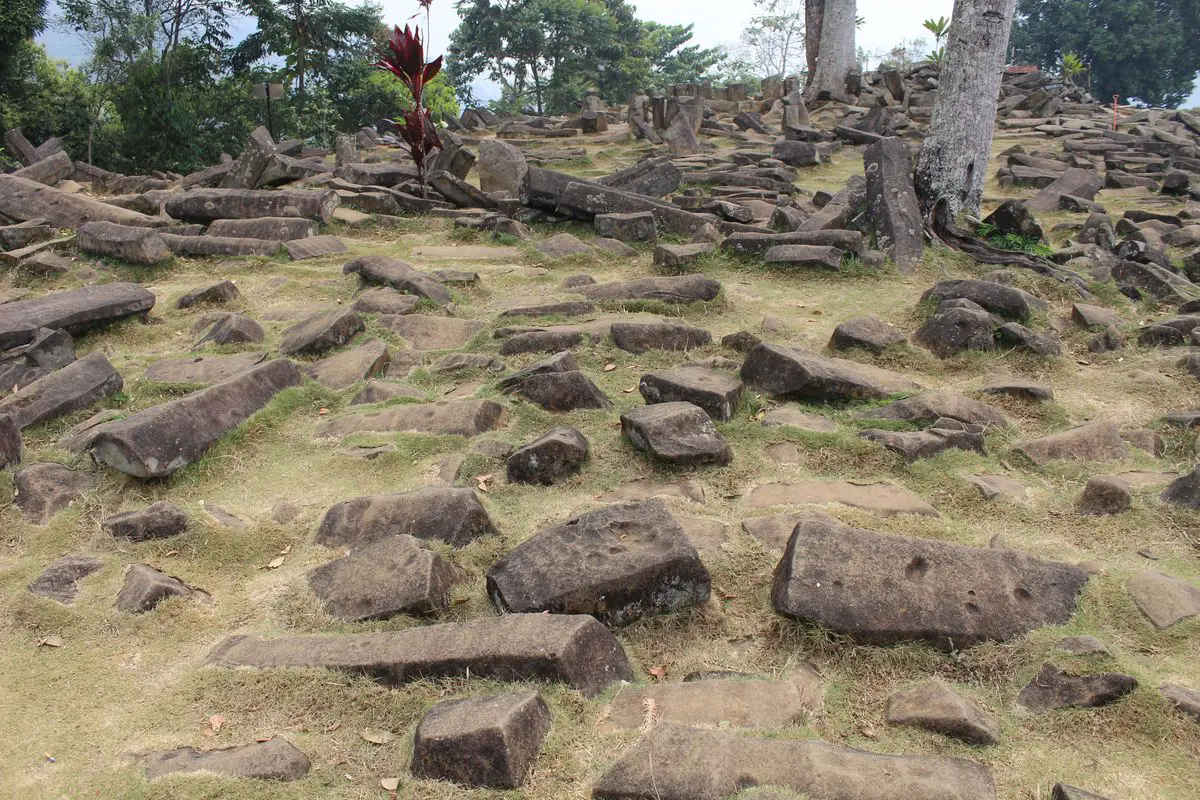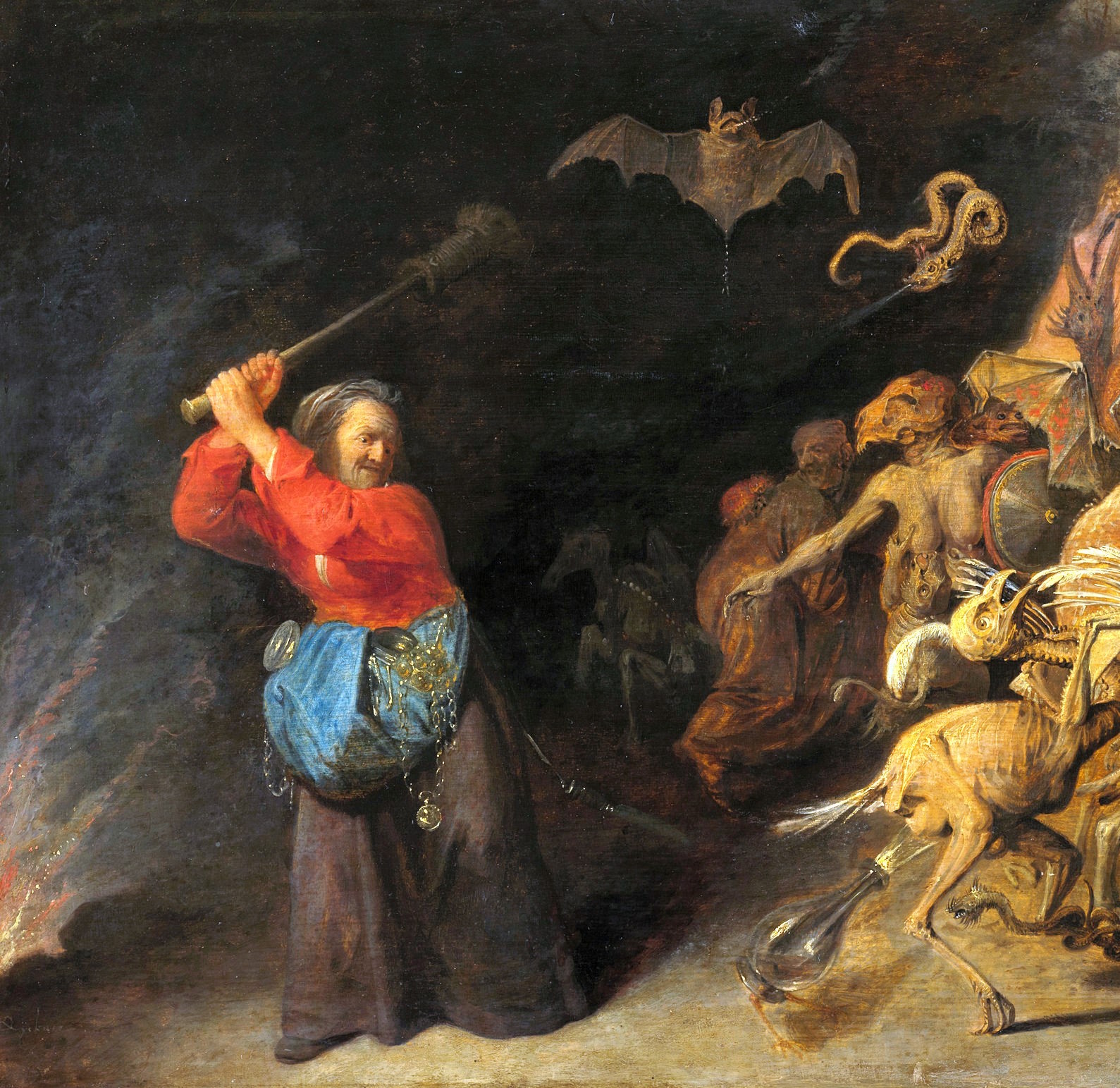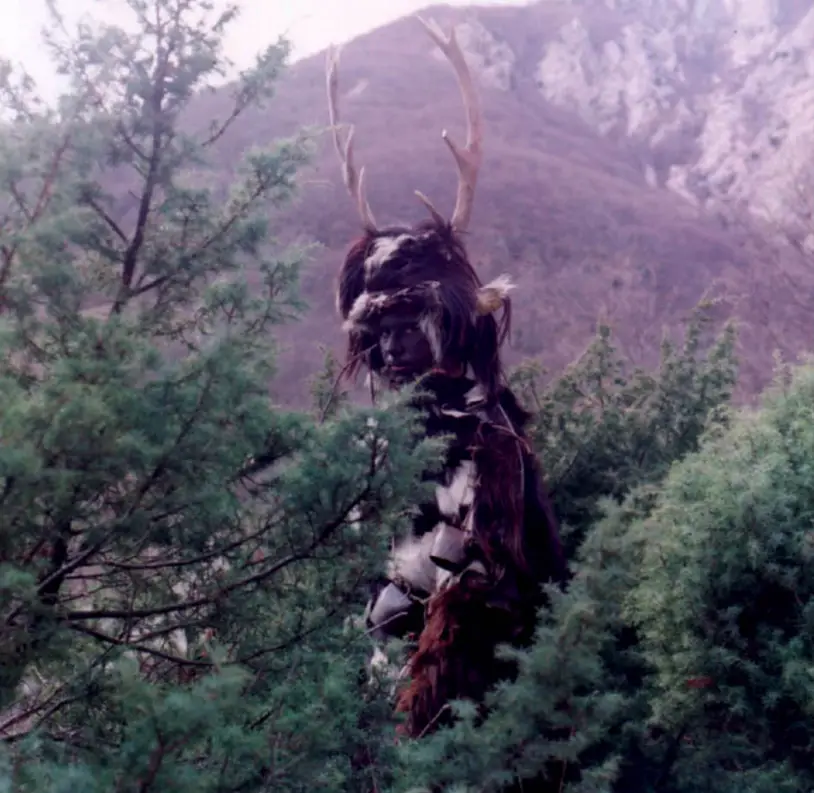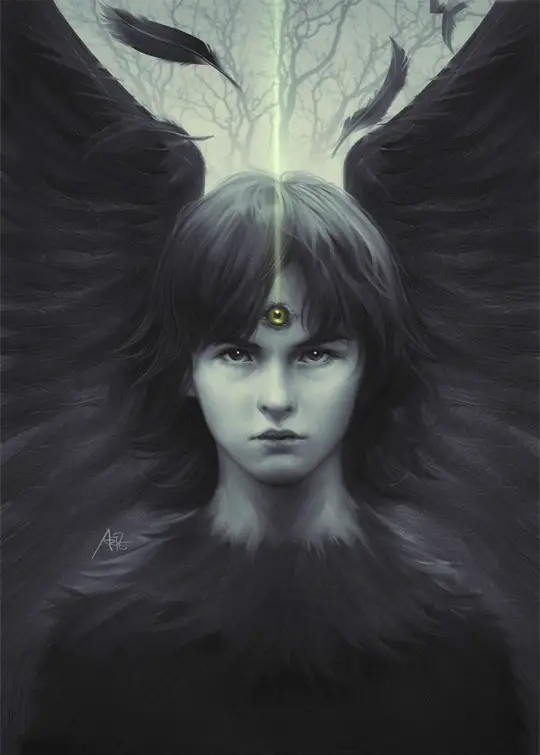Tag: metamorphosis
Gunung Padang: the Javanese "Mountain of Light", between (fanta) archeology and folklore
We went to the island of Java in Indonesia to visit Gunung Padang, an enigmatic archaeological site that some have called "the oldest pyramid in the world". From the “Out of Sunda” theory to the recent surveys with the carbon-14 method, we will try to give a historical location to the “Mountain of Light”, between (fanta) archeology and folklore.
Fragments of a forgotten shamanism: the Piedmontese Masche
The study of "magical" practices and folkloric beliefs regarding the Piedmontese Masche opens us some glimpses (not too unexpected) on Cosmic-agrarian cults of ancient Eurasia.
The magic of the Mainarde: on the trail of the Janare and the Deer Man
A visit to Castelnuovo al Volturno, in Molise, allows us to give a face to the characters of local folklore, the Janare and "Gl'Cierv", and to resume some central mythical-traditional aspects of Cosmic-agrarian cults of ancient Eurasia.
“Game of Thrones”: Bran, the crow, the weaving
Discovering the mythical archetypes that hide behind the figure of Bran in the successful television serial based on the saga of George RR Martin
Metamorphosis and ritual battles in the myth and folklore of the Eurasian populations
di Marco Maculotti
The zoomorphic metamorphosis topos is widely present in the folkloric corpus of a large number of ancient traditions, both from archaic Europe (on which we will focus mainly in this study), and from other geographical areas. As early as the fifth century BC, in Greece, Herodotus mentioned men capable of periodically transforming themselves into wolves. Similar traditions have been documented in Africa, Asia and the American continent, with reference to the temporary metamorphosis of human beings in fairs: bears, leopards, hyenas, tigers, jaguars. Sometimes, in some historically documented cases of the ancient world (Luperci, Cinocefali, Berserker) "The paranormal experience of transformation into an animal takes on collective characteristics and is at the origin of initiatory groups and secret societies" (Di Nola, p.12).

